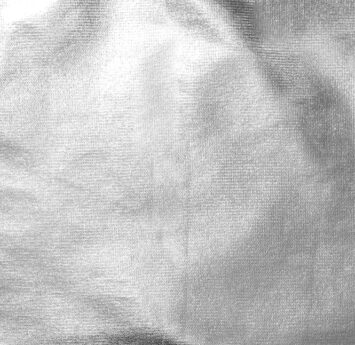
We provide metallization, coating and laminating services.
We provide metallization, coating and laminating services for a variety of materials with varying thicknesses from 7 to 800 microns. We process diverse substrates such as OPP, BOPP, CAST, LDPE, MDPE, HDPE, PET, PVC, PS, OPS, CPP, PC, PA, NYLON and special materials such as paper, card, carbon fabric, glass woven fabric, non-woven fabric and biodegradable films.
Of crucial importance is the environmental impact: thanks to an extremely thin application of aluminium (less than 30mg/m²), our solutions don't alter the sustainability properties of the product.
" We operate with professionalism and expertise, putting clients, safety and sustainability at the centre of our decisions in order to guarantee quality, respect and continual improvement. We do this with technical competence, transparency and environmentally friendly policies ".

For your business
We specialise in metallization for the Technical & Industrial sector, providing films with high performance and advanced solutions designed to improve the material's mechanical, protective and functional characteristics. In fact, the very thin layer of aluminium maintains the flexibility of the substrate while retaining the typical properties of a metal such as the reflection to electromagnetic waves and the electrical conductivity.
Metallization applied to glass woven fabrics improves the thermal insulation of the material as it reflects infrared radiation and preserves the fabric's flexibility, however thin the metal layer may be.
In the construction industry, metallization is applied to films requiring protection from UV radiation, for example bituminous coverings.
In the nautical sector, it is used for the construction of sails for boats as its reflective properties to electromagnetic waves render the boat much more visible to ships' radars, improving navigation safety. It also improves the durability of the sails thanks to its ability to reflect solar radiation.
Thanks to their electrical conductivity, nets and filters are also metallised to reduce static electricity generated by the passage of air, typically used in explosion-hazardous environments (ATEX).
Why choose us?
For Metalfilms, quality means ensuring the highest customer satisfaction through rigorous checks and continual improvement of its processes. With more than 40 years of experience, chain of custody and as a certified ISO 9001, ISO 22000 and ISO 45001 company, Metalfilms adopts standard or custom procedures for each phase of the manufacturing process: checking the integrity of the reels on arrival, checking the film's water-resistance, monitoring the optical density during the metallization and final checks during the rewinding phase. Each parameter is recorded to ensure high performance, traceability and conformity.


